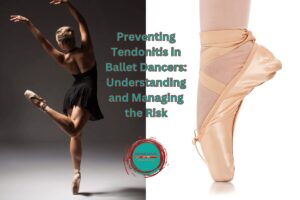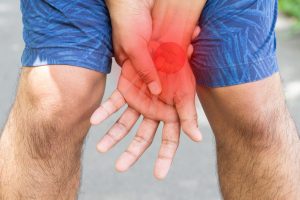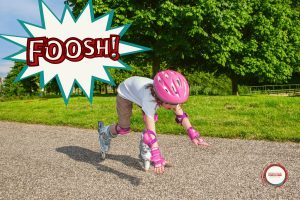
So it’s that time of year again! After a 2 year hiatus your Skiing holiday is booked. Fingers crossed it will still happen! With COVID-19 the last 2 years has shown us to expect anything. Let’s be positive and assume it will! So, read on to find out how to get fit for skiing.
We now have just under 4 weeks before a Christmas ski trip or just a week under 6 weeks for a New Year ski trip! How can you make the most of those weeks to make sure you are fit and ready to maximise those days on the slopes?
What exercise is good for skiing?
The knees need to absorb a fair amount of force when skiing so it is important to improve your thigh and bottom muscle strength, overall balance and spinal mobility. If you want to spend a few hours on the slopes at a time, to maximise your time, then working on your cardiovascular fitness and endurance is also a must!
Our bodies work as one. So, getting fitter before skiing will mean more confidence on the slopes. The less chance you have of getting aches and pains.
Exercise Examples to Help You Get Fit for Skiing
For Strength:
Exercises such as squats, lunges and planks are a great way to start to build up strength. Ensure to perform dynamic stretches before exercising. This helps prepare your body for what you are going to ask it to do during an exercise session.
For Balance:
Exercises as simple as practicing standing on one leg for as long as you can will help improve your balance. Make the exercises more challenging and more dynamic by adding in movements and or an unstable surface. Using just a pillow on the floor or moving your arms and or legs will make the exercise more challenging.
For Spinal Mobility:
Using simple mobility exercises such as ‘Cat and Cow’ or ‘Thread the Needle’ will help to improve your spinal mobility. Combine this with lumber rotation stretches and side bends to hit all planes of movement.
For Cardiovascular Fitness:
If you have access then using a bike or stepping machine is a great way to build your CV fitness. However even something as simple as adding a purposeful arm swing when you are walking can significantly increase cardiovascular demand. Thus helping to challenge your heart and improve its fitness.
For Strength and Cardiovascular Endurance:
Performing lower level activities for longer is a great way to build strength endurance and cardiovascular endurance. One of our favorite strength endurance exercises for your legs is a wall assisted leg press!
If you know your knees are vulnerable, consider more targeted strengthening programme for your knee’s. Check whether a knee support or a brace for use when on the slopes may be an option for you.
If you’d like a more tailored programme to help prepare you for your skiing trip then we at Central Health offer a ski & snowboard specific fitness package. One of our team of ‘Physio skier’s’ can help impart all their specialist knowledge to get you in the best shape, to get the most from your long awaited ski trip!
What if injury unfortunately occurs?
Apply the PRICE rule…
- Protect: depending on the severity of the injury you may need splinting or just a bit of taping initially
- Rest: meaning reduced activity and avoiding things that hurt
- Ice: wrapped in a towel applied over knee for 10 -15 minutes 2-3 times a day to help manage swelling and relieve the pain.
- Compression: from a knee support or tubigrip to aid swelling management.
- Elevation: ideally position the knee above the heart to allow any swelling to gravitate back into the body’s lymphatic system in the groin.

You may need to seek immediate medical attention if there are high levels of pain/swelling. Especially if you are struggling to take weight through the limb.
Be careful about returning back to the slopes too quickly. Pain inhibits muscle activity so even if you feel you can ski/exercise. The quad (thigh) muscles may not be working as well as they could. Which means you maybe more vulnerable to further injury.
Seeking Help Once Home
Whether you’ve been able to get back on the slopes again or not, on your return home consider seeking a physiotherapist’s opinion. Even if your pain settles, you may have other symptoms that would benefit from an expert assessment. Thigs such as, reduced confidence in the injured area. Ongoing swelling, any locking sensation, increased clicking or a feelings of instability or giving way are not to be ignored.
After a thorough assessment we will be able to set you clear rehabilitation goals and advice on healing timescales. If necessary, they will also be able to refer you for further investigation. Or recommend you see a specialist Orthopaedic Consultant.
At Central Health Physiotherapy we can also offer post skiing injury rehab packages. Whether thats from a shoulder dislocation. An ACL rupture or an ankle fracture our team can help you get back to your best.
Bon ski! Be safe and have fun!
If you are unfortunate enough to injure yourself on the slopes, we can offer a rehab package to suit. Click below to book with one of our specialist Ski Rehab Physios.





Comments